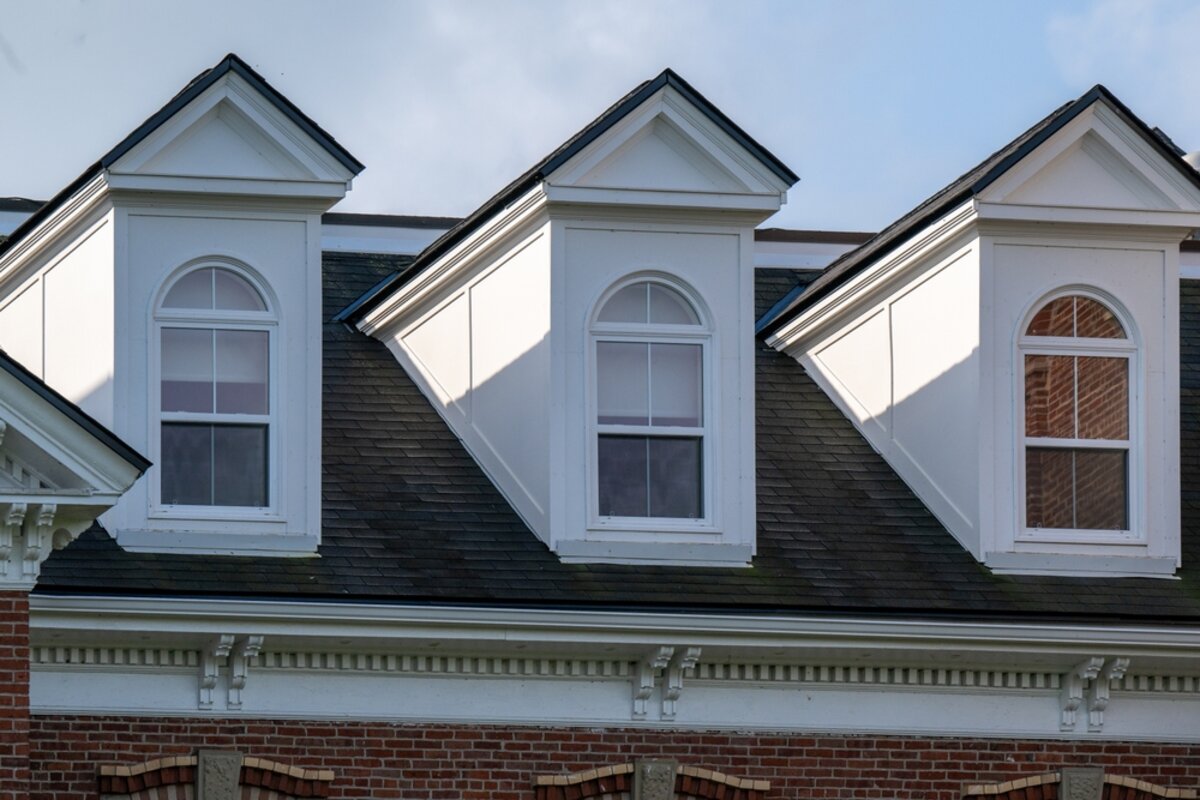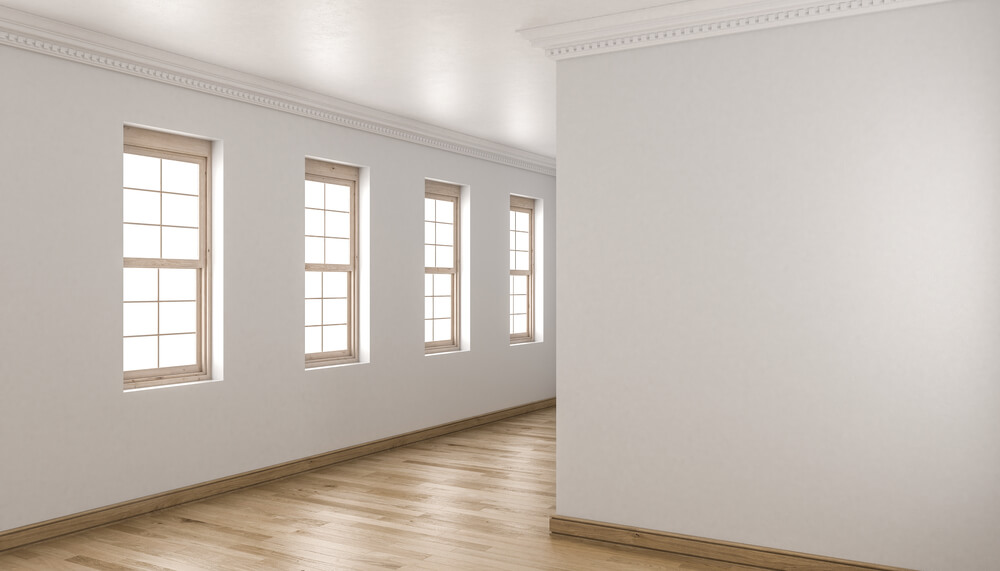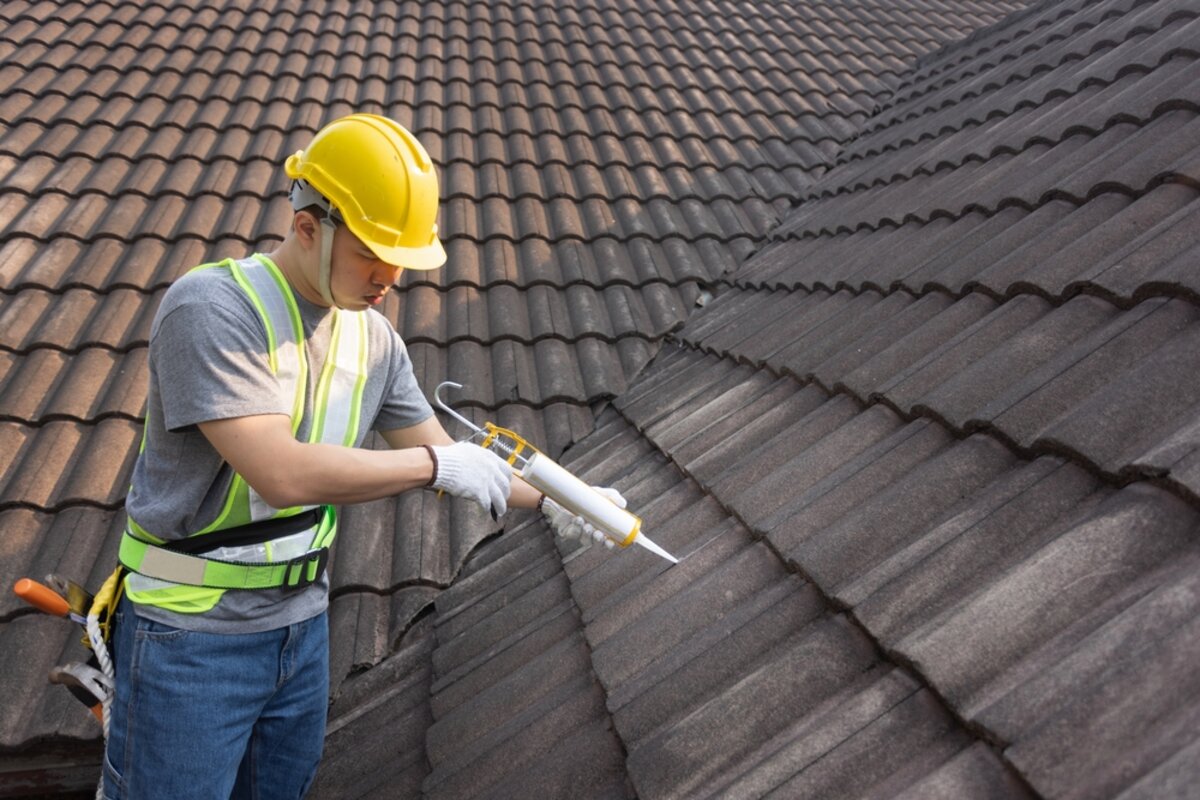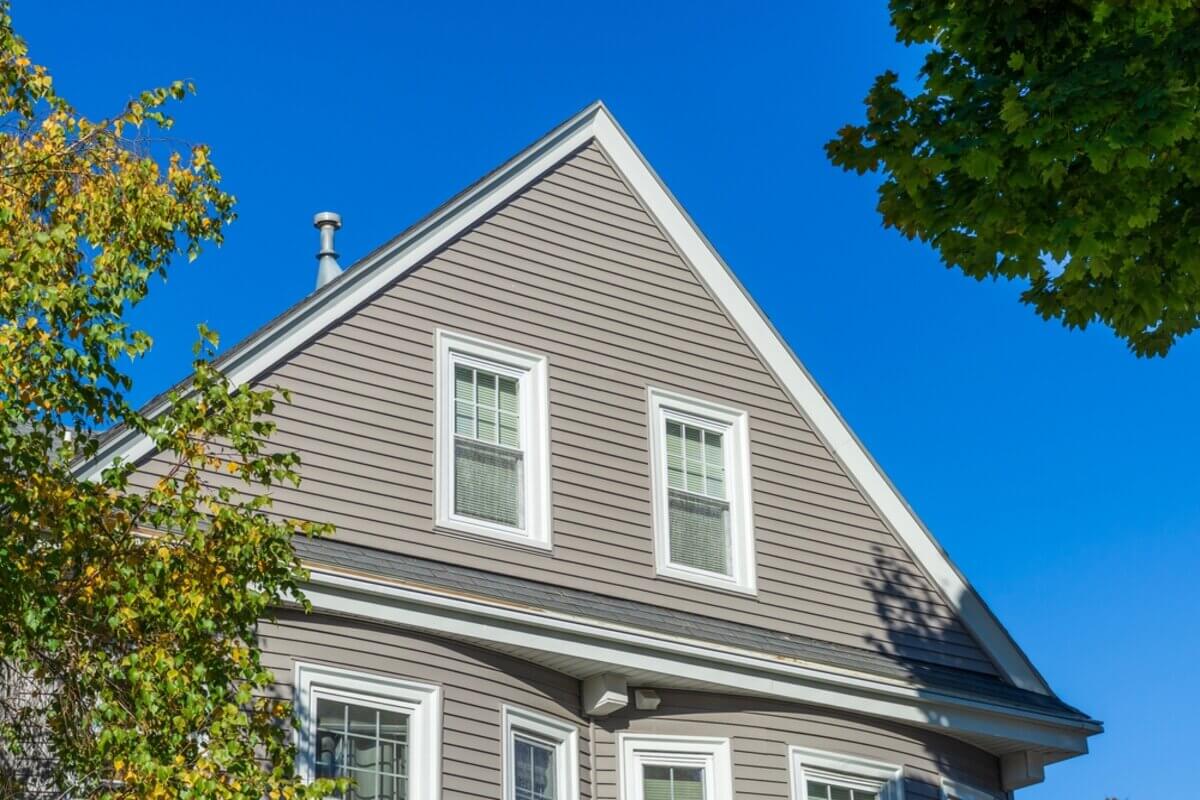When choosing windows for your home, the decision often comes down to selecting between single-hung and double-hung windows. Each type offers unique benefits and drawbacks that can influence your home’s comfort, energy efficiency, and aesthetic appeal. In this blog post, we’ll explore the key differences, advantages, and disadvantages of both single-hung and double-hung windows, helping you make an informed choice for your home improvement project.
What Are Single-Hung Windows?
Single-hung windows have a classic design that has been popular for centuries. In these windows, the bottom sash moves up and down, while the top sash remains fixed. This simplicity makes single-hung windows a cost-effective and straightforward option for many homeowners.
Pros of Single-Hung Windows
- Affordability: Single-hung windows are generally more budget-friendly, which is great for cost-conscious homeowners.
- Energy Efficiency: With fewer moving parts, single-hung windows often have a tighter seal, reducing energy loss.
- Simple Operation: The straightforward design of these windows makes them easy to use.
- Space-Saving: Ideal for tight exterior spaces, such as next to walkways or patios, since they don’t protrude when opened.
Cons of Single-Hung Windows
- Limited Ventilation: Only the bottom sash opens, which restricts the amount of air that can flow through.
- Difficult to Clean: Cleaning the exterior, especially on upper floors, can be challenging because the top sash does not tilt inward.
- Fewer Airflow Options: Compared to double-hung windows, single-hung windows offer limited options for airflow and positioning.
What Are Double-Hung Windows?
Double-hung windows feature two sashes that can move up and down independently. Both the top and bottom sashes can be opened, providing greater flexibility in ventilation and cleaning.
Pros of Double-Hung Windows
- Enhanced Ventilation: Both sashes can open, improving air circulation throughout the room.
- Ease of Cleaning: Most models allow the sashes to tilt inward, facilitating easy cleaning of both interior and exterior surfaces from inside the home.
- Versatile Airflow Control: Offers greater control over airflow, making them suitable for various rooms and climates.
- Classic Appeal: Their traditional design aligns well with historical architecture.
Cons of Double-Hung Windows
- Higher Cost: Generally more expensive than single-hung windows due to their complexity.
- Potential for Air Leaks: More moving parts can lead to air leaks, impacting energy efficiency unless properly installed and maintained.
- Complex Operation: Operating mechanisms are slightly more complex compared to single-hung windows, which could be a drawback for some users.
Factors to Consider: Single-Hung or Double-Hung Windows
When deciding between single-hung and double-hung windows, several factors should be taken into account.
- Budget: Single-hung windows are generally more affordable, making them a suitable choice if you are budget-conscious.
- Ventilation: Double-hung windows provide superior ventilation options since both sashes can be opened.
- Maintenance: Consider the ease of cleaning; double-hung windows often feature tilting sashes that make it easier to clean both the interior and exterior surfaces from inside your home.
- Aesthetic Preferences: Evaluate how each window type complements the architectural style of your home and aligns with your personal aesthetic preferences.
Conclusion
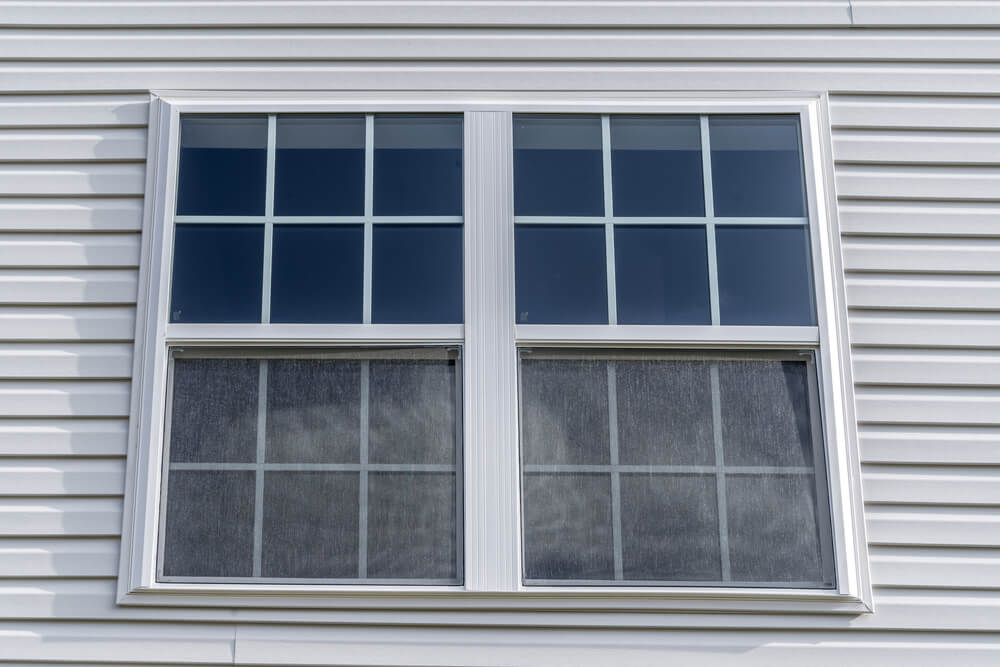
Both single-hung and double-hung windows have their unique advantages and drawbacks. Single-hung windows are cost-effective and straightforward, making them suitable for budget-conscious projects and areas with space constraints. On the other hand, double-hung windows provide better ventilation, ease of cleaning, and versatility, albeit at a higher cost.
By carefully evaluating your specific needs and preferences, you can make the best choice for your home, ensuring comfort, energy efficiency, and aesthetic appeal. For expert advice and professional installation, contact Perfect Exteriors today.

